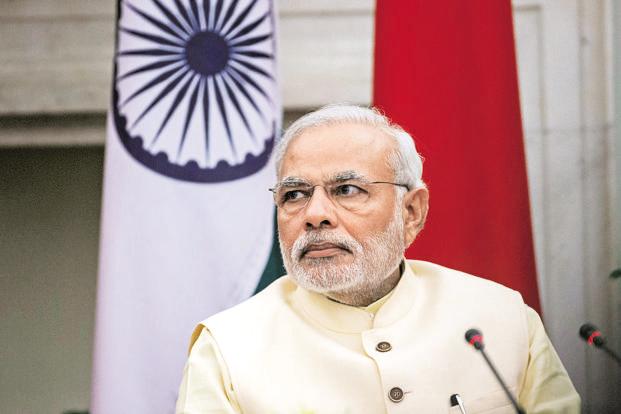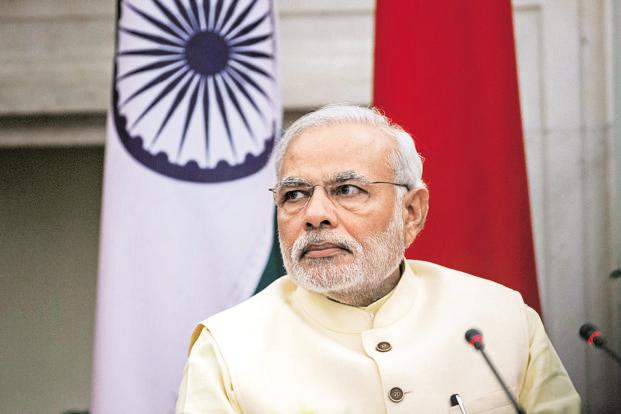IT City Gives Thumbs Up to Modi’s Start-up India
The burgeoning start-up sector in the IT capital of the country has hailed the new start-up policy announced by Prime Minister Narendra Modi on January 16.
Jayant Krishna, CEO, National Skill Development Corporation (NSDC) said, “There is a huge talent pool in this country and the proof of this is reflected in the start-up boom. This is just the beginning, we will see start-ups driving socio-economic growth in the coming days.”

New-age entrepreneurs says that the step taken by the Union government will work as a catalyst to Modi’s dream project of ‘Make in India’, creating new employment opportunities, which, in turn, will help boost the economy.
Dr Ajay Kela, president and CEO, Wadhwani Foundation, said, “The launch of the government’s flagship ‘Start-up India’ scheme will set the ball rolling for an unprecedented start-up boom in India.”
“With an already strong momentum on entrepreneurship among our best and brightest, government support and favourable policies will go a long way in fuelling a vibrant financial ecosystem and a well-trained and accessible mentor network. This includes accelerators and incubators which can maximize success of new enterprises through readily available knowledge and guidance,” he added.
Young professionals, who are venturing into this new arena, believe that Start-up India will provide a platform for creating many Silicon Valleys in India, boosting economic growth and taking job creation to other parts of the country.
People are also wary about how these policies will be implemented at the grassroots level and the longevity of the stand taken up by the government.
Vishal Bali, chairman and co-founder of Medwell Ventures, said, “The Startup India Action Plan is a recognition of the movement that new-age entrepreneurship has created in the country and India being the fastest growing start-up ecosystem in the world. While the proposals cover all aspects from funding to tax incentives to ease of initiating business, the key will be in its fast execution.”
“One hopes that these proposals will not be lost in translation during budget time. What is currently missing in the proposals is the reform required around labour laws, which will make hiring easier for start-ups, particularly in the labour-intensive sectors. This is indeed India’s time to innovate and use the start-up energy to reform sectors like healthcare and med-tech,” said Bali.
Jayant Krishna, voicing optimism, said, “This is just the beginning. Start-up India offers immense opportunities to the youth. I am confident that the youth will leverage this to create new opportunities for themselves and also create employment.”




